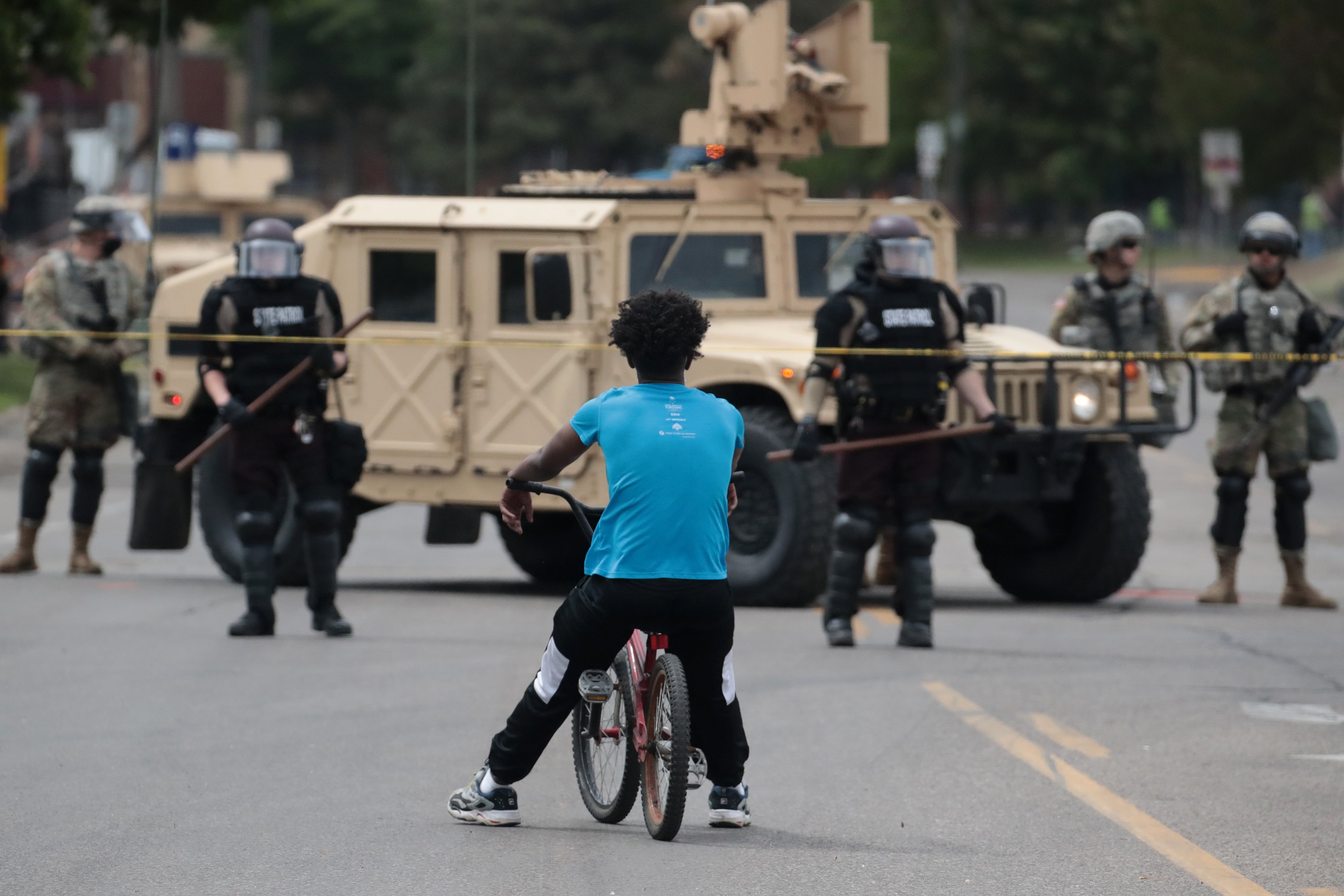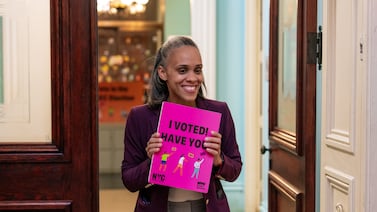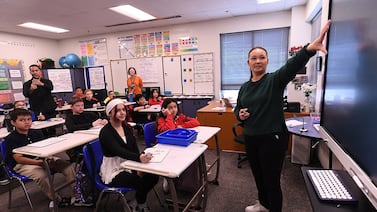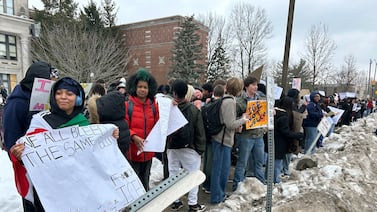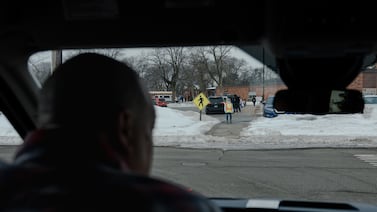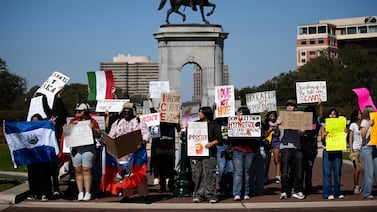The death of George Floyd in Minneapolis has spurred protests against police brutality from Memphis to Denver to Los Angeles, and students and teachers nationwide are processing the week’s tragic events without the in-person community of school.
Since the death of Floyd — an unarmed black man who was held down by a white officer until he went motionless and died — four Minneapolis police officers have been fired and protests are happening across the country in response to the latest instance of police involvement in the death of an African American person. Floyd’s death follows a fatal police incident in Louisville, Kentucky, in which Breonna Taylor, a 26-year-old African American woman, was shot to death in her apartment by officers in March. In February, two armed white men shot and killed Ahmaud Arbery, a black man, while he was jogging in his Georgia neighborhood. Earlier this week, a white woman called the police on a black man who was bird watching in Central Park.
Due to mass school closures in response to the coronavirus, students and their communities are left without in-person tools to help process a tragic week. When such events occur while school is in session, grief counselors are often brought in to work with students, and educators weave in activities to help students process their trauma.
Community trauma can have an effect on student learning. Researchers found that students near Ferguson, Missouri, experienced declines in achievement and attendance in the period after an unarmed teenager named Michael Brown was killed by police there in 2014. That shooting spurred protests against police brutality, first locally and then across the country.
While school communities cannot gather in traditional ways right now, we know educators and students are finding creative ways to process and grow together. And Chalkbeat wants to hear from you in the survey below. We may use select responses in follow-up stories.

